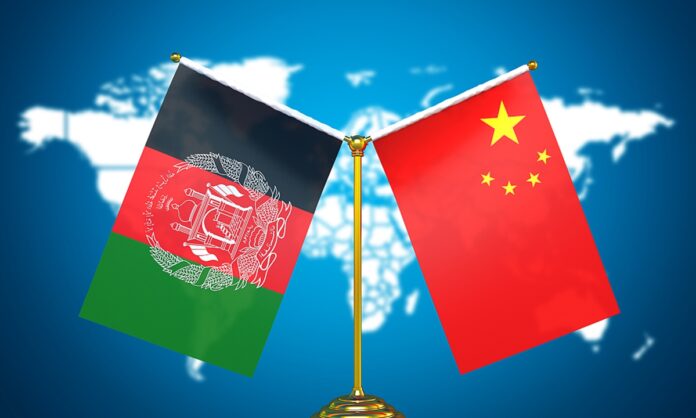Following the withdrawal of U.S. troops from Afghanistan in 2021, the Taliban-led government has focused on strengthening diplomatic ties with several countries, including China. While Kabul remains internationally unrecognized, China has shown pragmatic interest, signaling an evolving relationship grounded in economic cooperation and strategic concerns. Afghanistan’s untapped natural resources and potential role in China’s Belt and Road Initiative (BRI) make it a valuable partner for Beijing’s expanding geoeconomic ambitions.
China’s policy of non-interference aligns with the Taliban’s desire for economic development without Western conditionalities related to human rights, particularly women’s rights. As part of the BRI, Afghanistan offers opportunities through mining and infrastructure projects. According to a statement by the Industry and Commerce Minister Nooruddin Azizi in 2023, bilateral talks between China and Afghanistan could formalize Afghanistan’s participation in BRI, positioning the country as a key corridor between Central and South Asia.
China’s interest in Afghanistan extends beyond economics, rooted in security concerns, particularly in preventing Afghanistan from becoming a base for the East Turkistan Islamic Movement (ETIM) and other extremist groups that could destabilize China’s Xinjiang region. In return for economic support, China expects the Taliban to uphold security commitments, including protecting Chinese personnel and projects. The assassination of Chinese engineers in Pakistan underscores Beijing’s concerns about regional safety.
However, Afghanistan’s internal instability and geopolitical isolation present risks for deeper engagement. Western sanctions and the absence of formal recognition from major powers limit Kabul’s ability to access financial systems, making it reliant on countries like China. Afghanistan’s potential participation in the BRI offers immediate economic benefits, but concerns about Afghanistan becoming overly reliant on Chinese investments, as seen in Sri Lanka’s debt crisis, loom large.
In the broader geopolitical arena, Afghanistan’s alignment with China could create friction with other regional actors, particularly India and the U.S., who view China’s growing influence in the region with suspicion. Balancing relationships with China while avoiding overdependence will be a critical task for the Taliban government as it seeks to secure Afghanistan’s future. While economic cooperation between Afghanistan and China appears promising, the long-term success of this partnership hinges on maintaining security, ensuring balanced diplomacy, and avoiding the pitfalls of over-reliance on Chinese investment.




